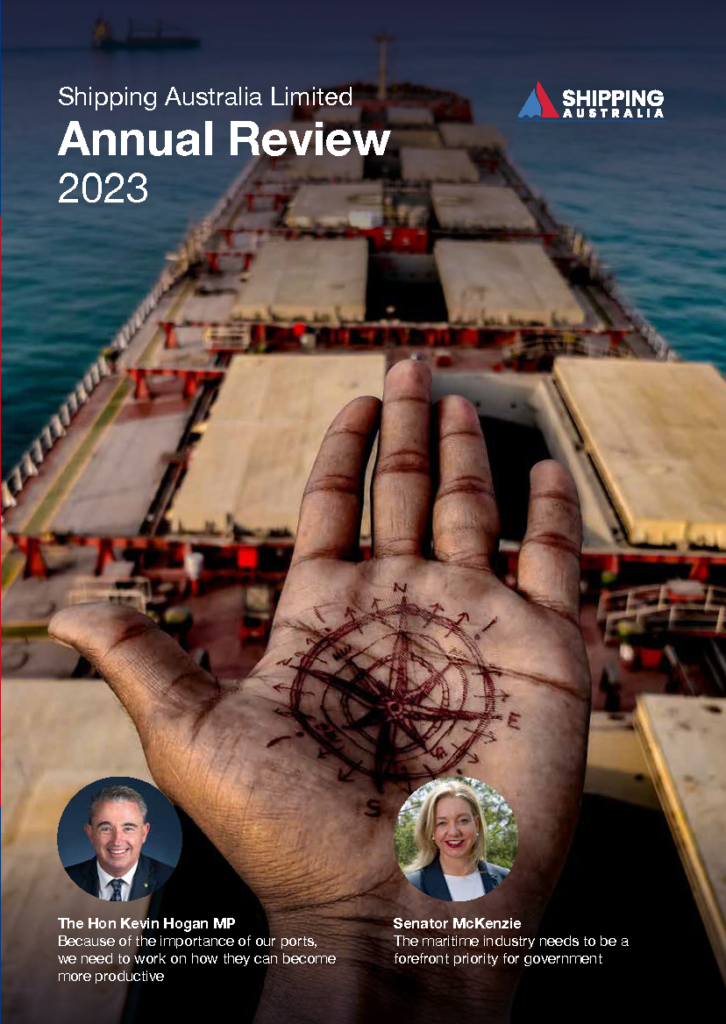Executives from the World Shipping Council, the global body that represents container liner shipping, and the nature charity WWF, have presented the Joint Industry Guidelines for Combatting Illegal Wildlife Trafficking to the International Maritime Organization.
“Wildlife crime is a critical threat to biodiversity, economies, national and international security, and global health. According to an Interpol and UN Environment Programme, it estimated monetary value ranges from US$91 billion to US$259 billion annually, making it one of the most profitable criminal areas globally… Environmental crime is the fourth-largest criminal activity in the world, growing at a rate of between 5% and 7% per year. Illegal wildlife trafficking is killing off endangered species worldwide and also fuelling organized crime – lets work together and all do our part to stop the criminals,” the World Shipping Council says.
Among the guidelines are a series of questions that supply-chain participants can ask themselves to spot possible red flags…
- Are shipped commodities incompatible with the origin/destination country’s technical capacities or natural resources? For example, timber is unlikely to be shipped to a country that is a major timber producer and exporter.
- Do the commodities shipped involve high-risk countries and routes? Africa to Asia is a particular key transit route.
- Are weight and cargo appearance inconsistent?
- Are cargo descriptions dubious, vague or misleading? There are, for instance, many species of “rosewood” (species of trees) but only some of which that can be legally traded.
- Does the value of cargo tally with its description and size?
- Is the paperwork questionable? Photocopies, spelling, inconsistencies, odd formatting, blurry text.
- Is the shipping route abnormal for the product and destination? Does the shipping route make sense e.g. a long slow route involving multiple stops when more direct routes exist.
- Was the shipping route changed after the ship left the port?
- Was the bill of lading switched? This is a common tactic used by traffickers to disguise the origin, routing, and destination of a shipment.
- Was the use of a Letter of Indemnity (LoI) requested without just cause? A tactic used to evade enforcement authorities by using different receivers at short notice.
- Is the consignment split across multiple shipments?
- Are Free Trade Zones or Free Ports used for the shipment? Simplified shipment procedures can be attractive to shippers of illegal goods.
- Is the shipper and consignee information false? Look out for overly simple addresses e.g. 1234 Main Street, or consignee names that are similar to large, well-known business.
- Is a first-time shipper reluctant to offer information about their business and product end-use? New customers need to be subjected to thorough screening.
- Was shipment clearance requested last-minute by the shipper?
- Are payments made in cash?
As the guidelines note, many of these factors happen in entirely normal and lawful supply of goods. One risk indicator alone is not likely to be enough to confirm there is illegal activity. Companies are encouraged to consider a system of green-orange-red lights for indicators that could help assess the overall risks and take action where required.
Read more:
“Combatting illegal wildlife trade – a shared responsibility”



